Text
In E.M. Forster's Maurice, Where Did the Idea for the Cricket Scene Come From?
Having visited Edward Carpenter's house, where E.M. Forster initially conceived the idea for Maurice during his visit in 1913, I find it interesting that the Carpenter estate is located right next to a cricket club called "Holmesfield Cricket Club," established in 1905.
For those familiar with Maurice, cricket likely carries some significance—in the novel, it is through cricket that Maurice and Alec first experience their "us against the world" moment:
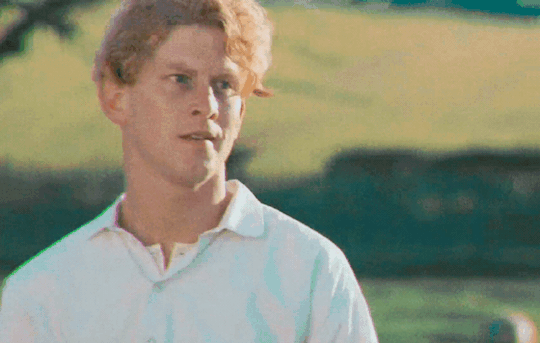
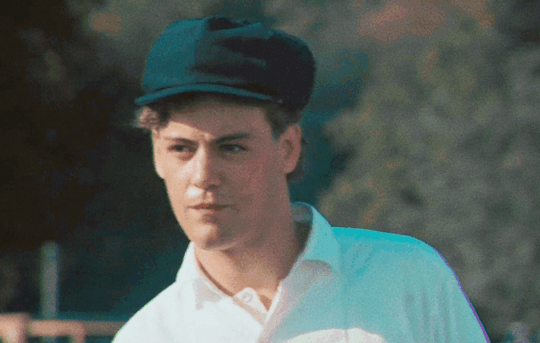
"Maurice played up too... and he felt that they were against the whole world, that not only Mr Borenius and the field but the audience in the shed and all England were closing round the wickets. They played for the sake of each other and their fragile relationship If one fell the other would follow. They intended no harm to the world, but so long as it attacked they must punish, they must stand wary, then hit with full strength, they must show that when two are gathered together majorities shall not triumph." - Maurice, E.M. Forster
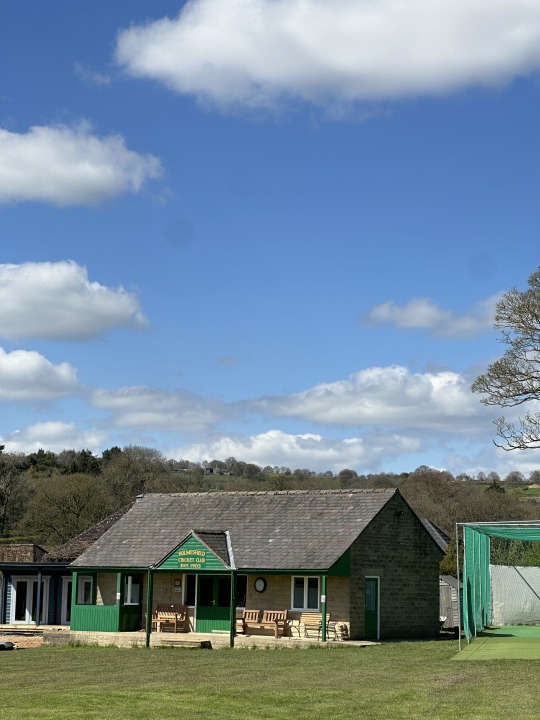
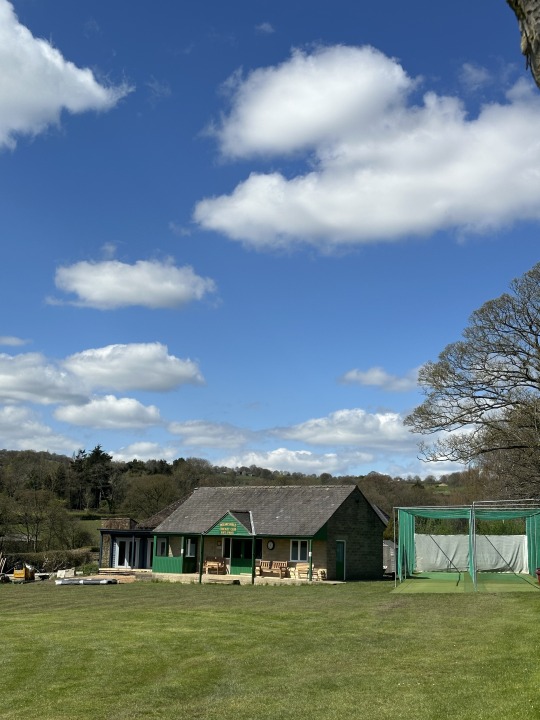
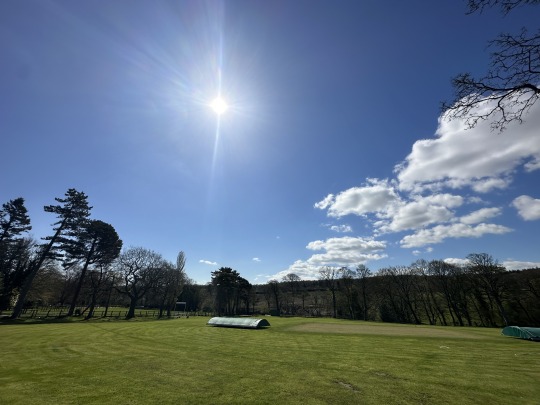

This "us against the world" mentality is exactly what Edward Carpenter and George Merrill (the real-life models for Maurice and Alec) had lived by. The couple resided in this remote, secluded place, surrounded by forests and woods, outside society, like two brave outcasts, mirroring how Maurice and Alec live in their own fictional "greenwood'.
The cricket scene in the novel is obviously a foreshadow to that life as outcasts away from society, but I'd never really thought about why Forster chose cricket as a medium for Maurice and Alec to have their first pivotal "us against the world" moment. I simply assumed that cricket, being a popular sport, was an easy and natural plot device for Forster.
Then, I visited the Carpenter house, and saw the Holmesfield Cricket Club right next to it, and couldn't help but deduce that Forster, who had previously visited the house on a few occasions before 1913 and was inspired by Carpenter and Merrill during his 1913 visit to write Maurice, likely also noticed the cricket club. This observation might have sparked the idea of incorporating a cricket match into the story, thus establishing a direct connection between Maurice and Alec's "us against the world" moment and the Carpenter house—the very physical birthplace of the novel where the real-life models of Maurice and Alec lived.


This is just my theory. In fact, there isn't any mention of the Holmesfield Cricket Club in Forster's diaries and drafts related to Maurice. However, one thing I learned from reading Maurice is that there is no coincidence in the novel, so it's my personal belief that this connection between the fictional plot and the reality of the Carpenter house is also no coincidence—all the more reason why Forster was a freaking genius.
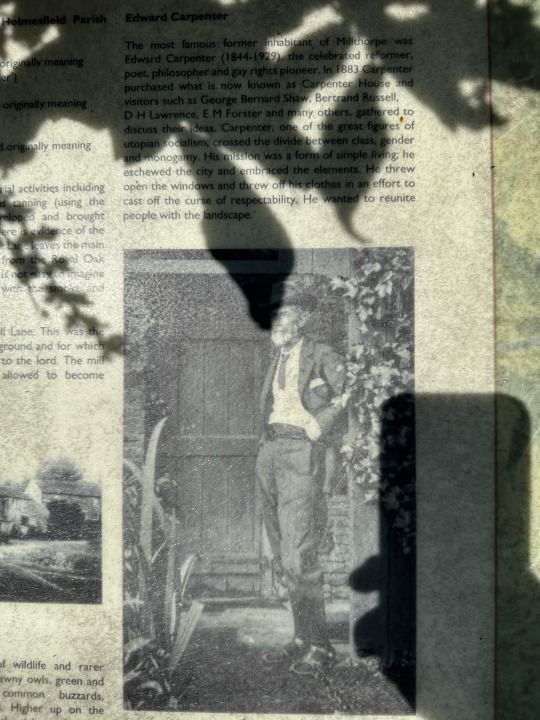
131 notes
·
View notes
Text





m a u r i c e, 1987 🎬 dir. james ivory rupert graves
52 notes
·
View notes
Text
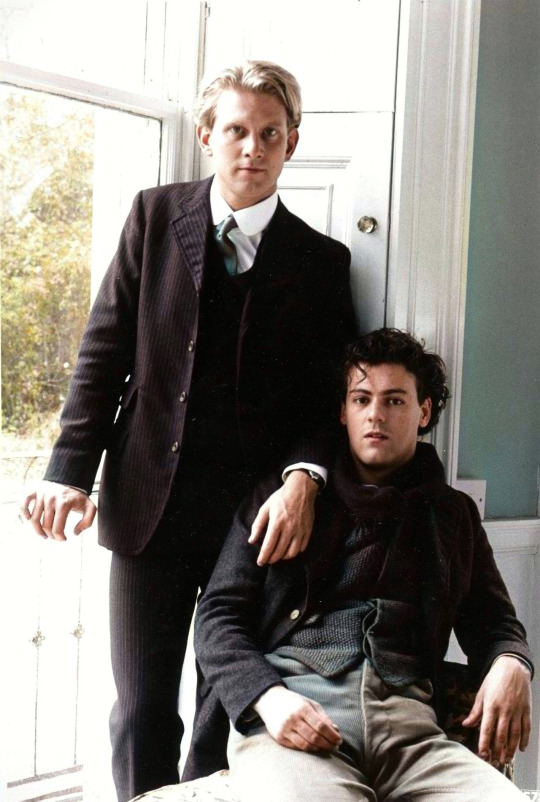
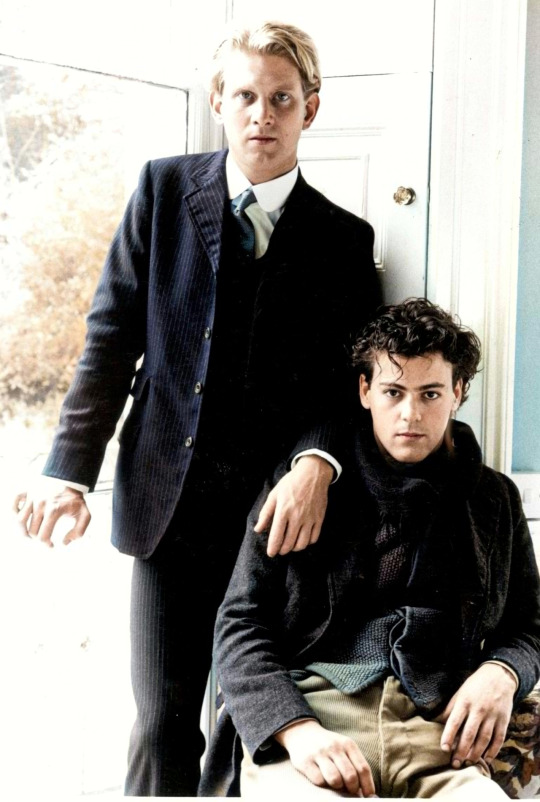
Adding some color to black and white portraits from Maurice.
263 notes
·
View notes
Text




m a u r i c e, 1987 🎬 dir. james ivory rupert graves [w. james wilby]
140 notes
·
View notes
Text





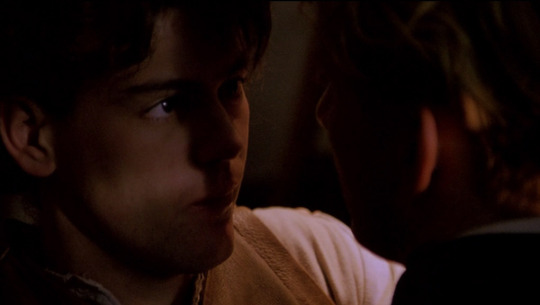
m a u r i c e, 1987 🎬 dir. james ivory rupert graves
351 notes
·
View notes
Text


this dude is HOT no wonder why maurice fell in love with him
264 notes
·
View notes
Text
I really enjoyed this analysis… 💌
Alec and Maurice in Maurice: A Study of a Couple

Especially illuminating the point about Maurice ‘badgering’ Alec (being overtly familiar) overstepping their class differences.
109 notes
·
View notes
Text






m a u r i c e, 1987 🎬 dir. james ivory rupert graves
237 notes
·
View notes
Text









m a u r i c e, 1987 🎬 dir. james ivory rupert graves
336 notes
·
View notes
Text





Vogue magazine, November, 1987
Plz do not edit or repost to Tumblr or any other websites.
293 notes
·
View notes
Text






m a u r i c e, 1987 🎬 dir. james ivory rupert graves
237 notes
·
View notes
Text

You strain to hear his heart ? That tightly shut thing ?
21 notes
·
View notes
Text





m a u r i c e, 1987 🎬 dir. james ivory rupert graves
52 notes
·
View notes







